Studies
SRI Evidence Based Protocols
Originating from 85 years of research and over 23 years of clinical application, SRT Assessment and Treatment and SRA Diagnostics and Treatment procedures are predictable, dependable and reproducible as a standalone system or as an outcome multiplier in conjunction with conventional therapeutic procedures. All case studies are designed to illustrate the procedures necessary to identify and treat the spondylogenic reflex syndrome. Each study seeks to utilize objective equipment based measurements and/or standardized subjective surveys to monitor and compare pre and post treatment functional outcomes.
Sponsorship, Contributions and Collaborative Studies are Encouraged
Opportunities for Individual or group practitioner involvement is available with SRI, Intl. oversight and/or involvement.
Areas of Study
Pilot and Case Studies are designed to lead into larger controlled studies in the areas of:
Idiopathic Scoliosis as an Expression of Cervical or Thoracic Spondylogenic Reflex Muscle Over Facilitation
Diabetic Neuropathy as an Expression of Cervical Spondylogenic Reflex Muscle Over Facilitation Modulating Lumbosacral Neurology
Plantar Fasciitis as an Expression of Cervical Spondylogenic Reflex Muscle Over Facilitation Modulating Sacral Neurology
The Relationship Between the Spondylogenic Reflex and Lumbosacral Gate and Balance Problems in the Elderly
Cervical Spondylogenic Reflex Modulation of Sacraliliac Fixation and the Limp or Waddle Gate Reaction
Spondylogenic Reflex Initiation of Remote Symptomology through Multilevel Myotome Activation
Non-Traumatic Rotator Cuff Injuries as an Expression of L5 Spondylogenic Reflex Over Facilitation
Elbow Pain and Dysfunction as a Component of C3 and C4 Spondylogenic Reflex Over Facilitation
Knee Tracking Error and Pain as a Component of C3 and C4 Spondylogenic Reflex Over Facilitation
The Spondylogenic Reflex and Headache Morphology



